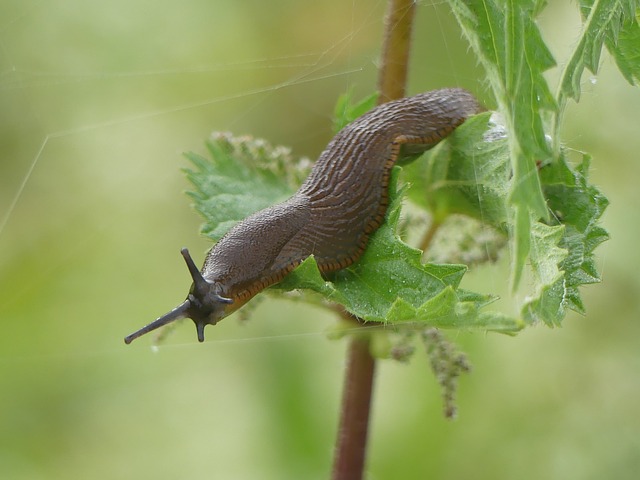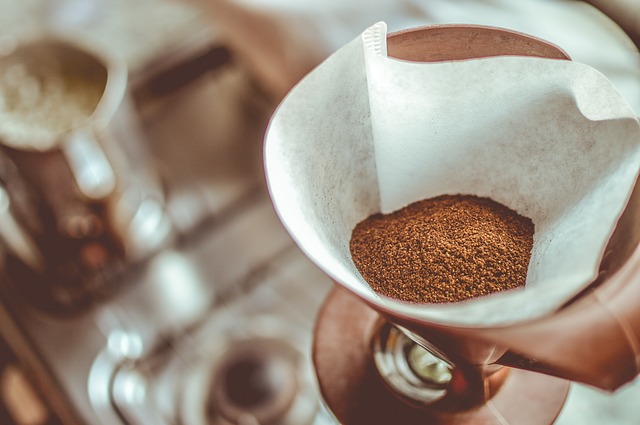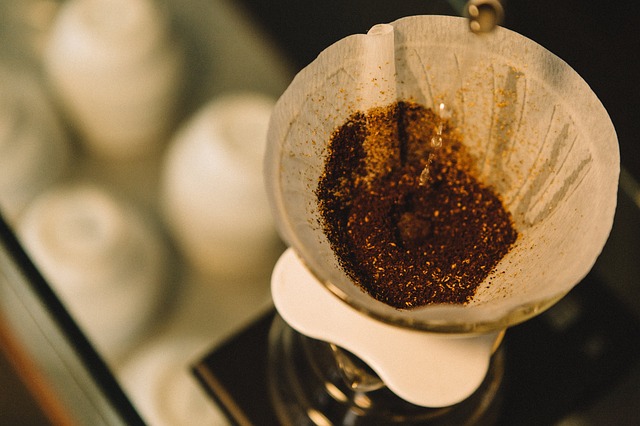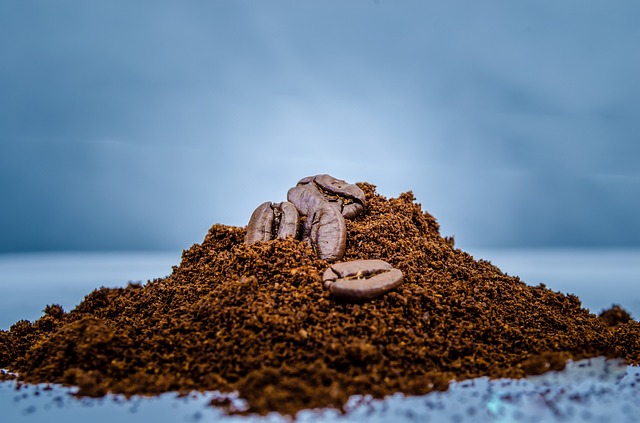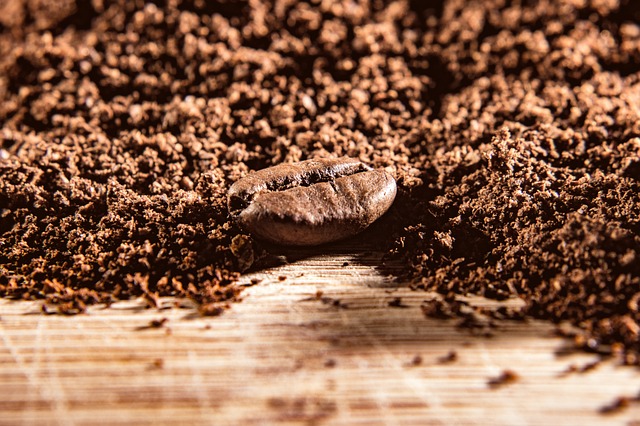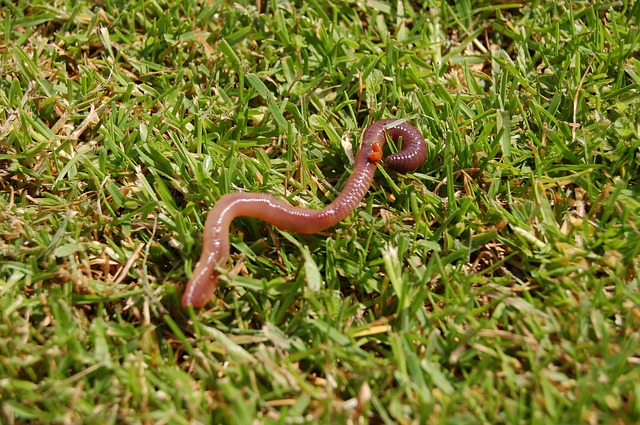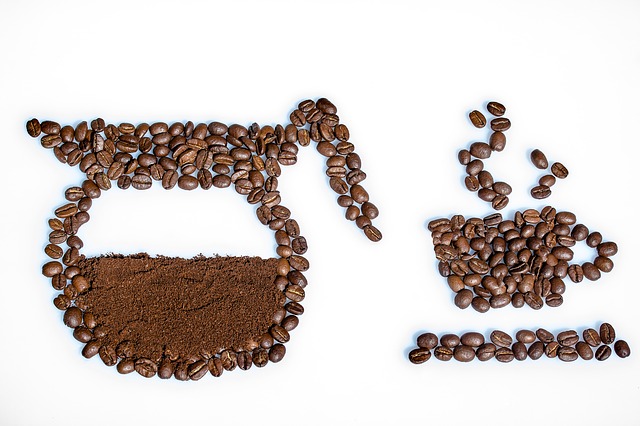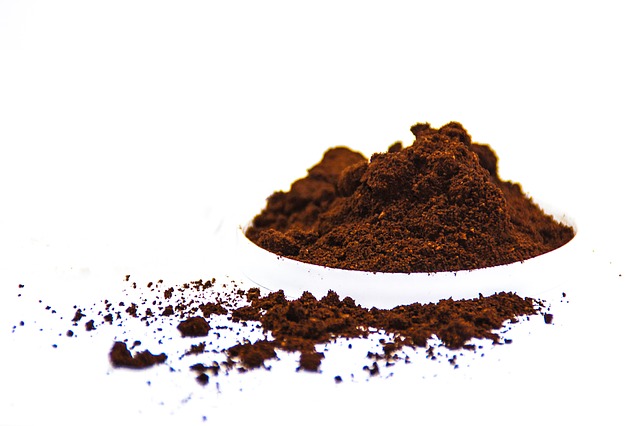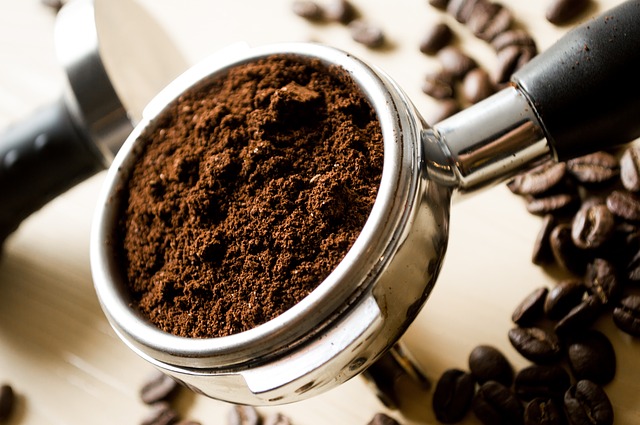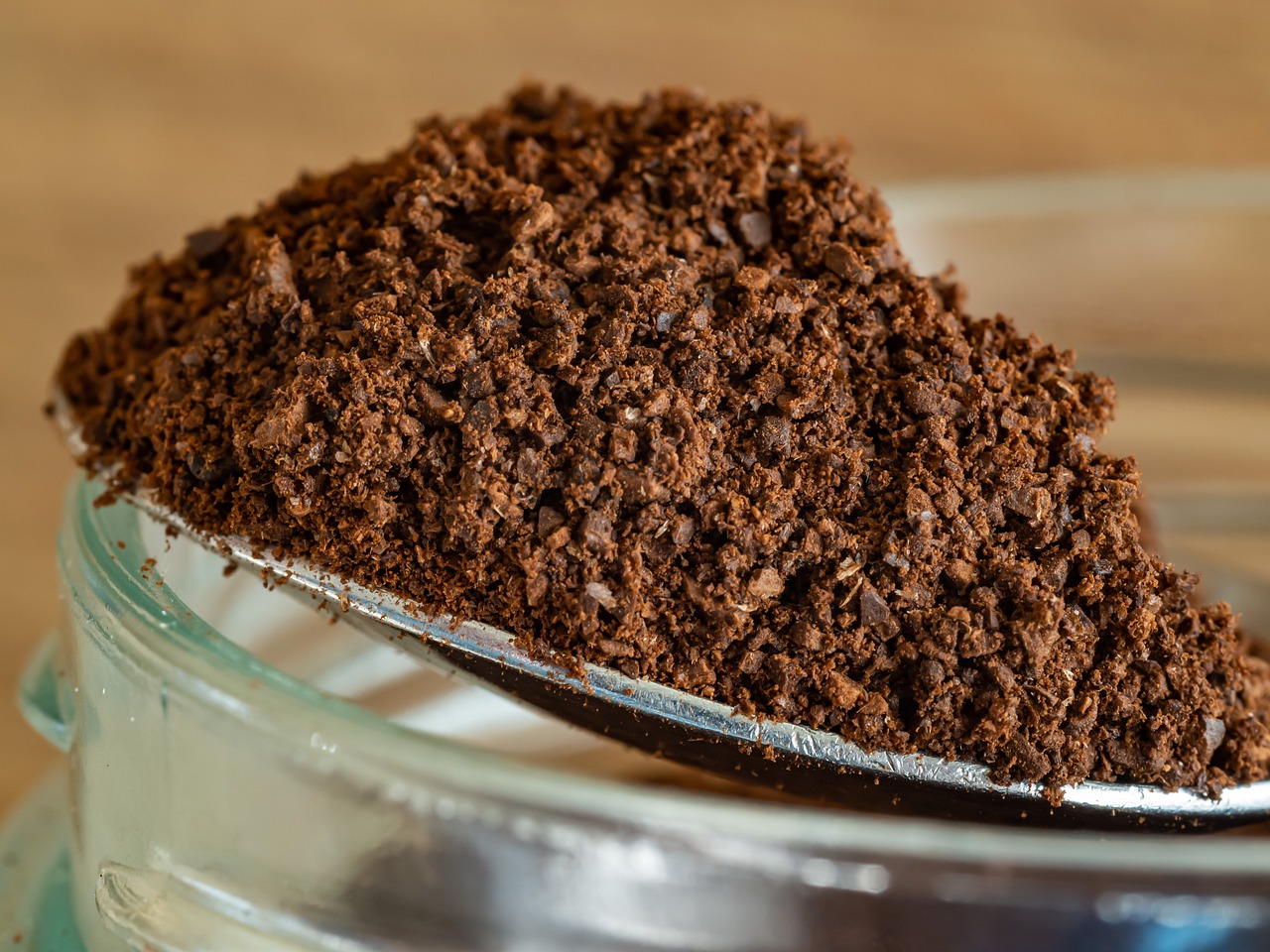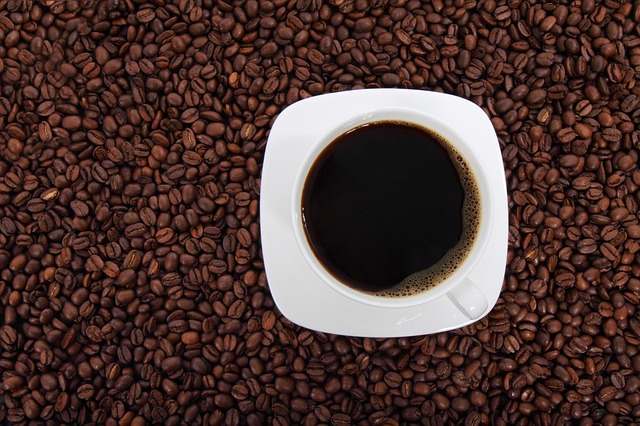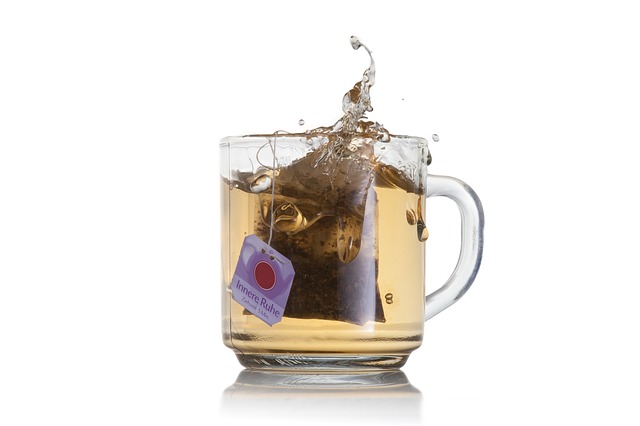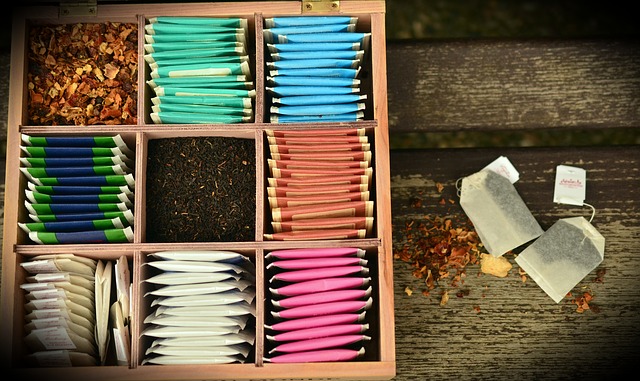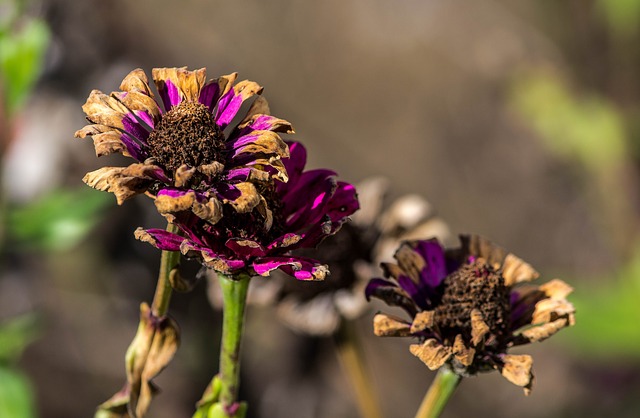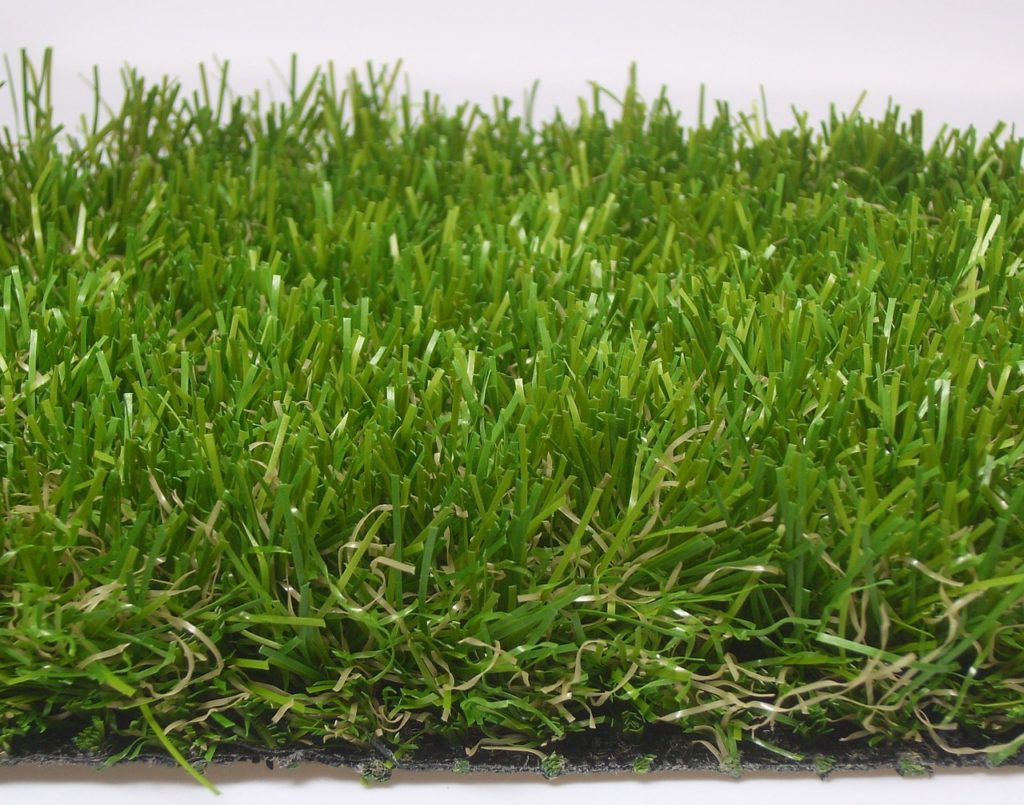
Every backyard needs a lush expanse of green lawn, or so we’re told. However, with brutal climates and droughts keeping a lawn alive, let alone thick and green, can be more of a struggle than it’s worth.
This is why so many people these days are turning instead to artificial turf, which never requires watering, mowing, or fertilizing and stays the same color all year round no matter what the weather throws at it. On the surface, it seems like the perfect solution: all the benefits of turf with none of the drawbacks. Unfortunately, things are never that simple, are they?
Artificial turf is not without its drawbacks. In this article, we take a look at the different costs of natural and artificial grass, and how they stack up against each other. Which is better value in the long run?
Installation
Let’s not beat around the bush: artificial grass is more expensive to initially install than natural grass, whether we’re talking about seed or professionally laid turf. The absolute cheapest way to install a lawn is by seeding bare ground, but even if you choose the more expensive option of laying pre-grown turf, the cost will still be lower than installing an artificial lawn.
This is because of the extra preparation that artificial lawns require, as well as the manufacturing costs of the turf itself. Artificial lawns require extensive preparation of the ground they’re going on. First, the old lawn must be torn up, then the ground must be compacted.
When this is complete, a sand layer must be placed above and precisely leveled. A layer of rubber pellets is then laid on the sand before the turf itself is laid on top of everything. Much care must also be taken when laying the turf to ensure the grain of the stalks remains even and looks natural.
Maintenance
This is where artificial turf comes into its own. The age-old hassles of having a lawn: mowing, watering, fertilizing, and weeding, are all completely nonexistent with an artificial lawn. During an extended dry period, there’s no need to worry about whether you should run the hose over the lawn to keep it green: artificial turf will remain the same vibrant color no matter the weather.
While the initial upfront costs of an artificial lawn will undoubtedly be higher than a natural equivalent, it’s in these yearly maintenance costs that the price is recouped. If you’re the type of person who simply can’t be bothered with yard maintenance and would likely hire an outside contractor to look after a natural lawn, then the savings will be quite dramatic.
Even if you are willing to mow and weed your lawn, artificial turf will still save you money in petrol, insecticides, and, most importantly, your own valuable time. Very few people enjoy spending a sweltering summer Saturday out in the yard, pushing around a mower.
Replacement
Depending on a variety of factors, a natural lawn can last indefinitely: it might not look consistently good at all times and entire patches might even die off, but with the proper maintenance there really shouldn’t be a need to ever completely redo your natural lawn.
While artificial turf has come a long way, it can’t be relied upon to exist permanently. Fifteen to twenty years is the expected lifespan of an artificial lawn. That’s certainly not a bad span of years, but eventually, it will have to be torn up and replaced with a fresh product.
Exactly how long you get out of your artificial lawn will depend on the type of artificial grass used and how much traffic it has to withstand.
So What?
Ultimately, the total cost of natural and artificial lawns is something of a toss-up, there are too many variables to give a concrete answer and everyone’s experience will be a little different. However, the average person is not going to notice a huge difference in total cost over the course of their lawn’s lifespan.
The initial cost of artificial turf will be gradually recouped thanks to its far lower maintenance costs, but the initial installation will eventually have to be repeated.
The biggest saver of an artificial lawn is not in cash, it’s in time: less maintenance means less time spent in the yard trying to keep your grass looking good. An artificial lawn is a set and forget product, something you can rely upon to look great for years without breaking your back or your bank to maintain.
Start Shopping for Turf!
Does Copper Tape Stop Slugs?
Does copper tape stop slugs? The answer is yes. And you can use this simple solution to keep your plants safe from those slimy plant-eating pests. Repel Slimy Garden Invaders Without Harm Despite being relatively small and very slow-moving, slugs can do a lot of...
Coffee Grounds For Flowers
For many of us, there’s nothing we’d rather do than relax with a cup of coffee near the flower garden. Most people don’t realize however that the grounds used to make our coffee can help to increase the health and beauty of our garden. Here’s what you’ll need to know...
Coffee Grounds For Roses
Using coffee grounds for roses is a fabulous way to improve the health of your plants, helping them to produce those gorgeous flowers you’ve been dreaming of. But there are a few things you’ll need to know before getting started. Conditions Roses Prefer Roses do best...
Do Roses Like Coffee Grounds?
Do roses like coffee grounds? This is something many gardeners wonder about, especially since feeding roses coffee grounds has been a practice that’s been around a very long time. The answer is yes they do, and here’s what you’ll want to know. Roses And Acidic Soil...
How To Use Coffee Grounds For Grass
You’ll want to think twice before you toss your used coffee grounds in the trash every day. Those grounds can actually be used to feed and increase the health of your lawn. Here’s everything you’ll want to know about using coffee grounds for grass. Advantages Of...
Are Coffee Grounds Good For Grass?
Are coffee grounds good for grass? The answer is yes, so you may want to think twice before throwing away your used grounds after your morning cup of coffee. Instead, you can put them to work helping increase the beauty of your lawn. Benefits Of Using Coffee Grounds...
Are Worms Good For Your Lawn?
Despite their slimy looks worms are well-known for being very helpful in the garden. But are worms good for your lawn? You bet they are, and here’s why! Aeration As worms travel from place to place in the soil below your lawn, they create a maze of tunnels. And those...
How To Use Coffee Grounds For Snails
You don’t have to kill those annoying garden snails in order to keep them from eating your plants. In fact, you can use your morning coffee as a non-lethal weapon against them. When they come into contact with your coffee grounds snails will turn right around and...
How To Use Coffee Grounds For Ants
There are endless sprays and poisons you can use to get rid of ants. However, you won’t have to look any further than your morning cup of coffee if you’d like a repellent that doesn’t contain any harmful chemicals. By using coffee grounds ants will stay away and kids...
Which Plants Like Coffee Grounds?
While using coffee grounds in the garden offers quite a few benefits, they can be slightly acid and therefore not appropriate for all plants. So which plants like coffee grounds? Here’s what you’ll need to know. The Basics Of Coffee Grounds Coffee grounds contain...
Coffee Grounds And Hydrangeas
While many people love their hydrangeas, they often would love them even more if they were blue. Luckily the grounds from your morning cup of coffee can help you to achieve those gorgeous blue blooms. Here’s what you’ll need to know about coffee grounds and...
Coffee Grounds For Worms
Worms are an extremely helpful component of any compost bin or pile, not to mention worm farms. And it turns your morning cup of coffee can contribute to their diet. Using coffee grounds for worms is an easy way to keep them from heading to the local landfill while...
Using Coffee Grounds In The Garden
Your morning cup of coffee can help you to not only start your day off right, but in the garden as well. The grounds used to make it have many important properties that are ideal for both plants and soil. By using your coffee grounds in the garden you’ll be able to...
Using Coffee Grounds In Compost
It’s estimated that over two billion cups of coffee are consumed around the world each and every day. And that’s an enormous volume of grounds which are used and then tossed in the trash. By using coffee grounds in compost instead, you can help cut down on waste and...
Used Tea Bags In The Garden
Many people don’t realize that once you’ve had a cup of tea, your tea bag can be used again in quite a few other ways. There are actually many great uses for used tea bags in the garden. And here are some of the best! Free Natural Fertilizer The tea leaves and...
Used Tea Bags In The Compost
The next time you have your daily cup of tea, you may want to think twice about throwing that tea bag in the trash. Instead of contributing extra waste to landfills, you can help the environment and your garden by placing used tea bags in the compost. But before you...
5 Eco-Unfriendly Things You Do That Kill Your Garden
Any budding gardener out there wants to do the best for their garden and their plants. But are you accidentally causing it harm? Here are five eco-friendly things you do that kill your garden: Buying Plants that Contain Pesticides You may not use pesticides yourself...
7 Reasons You Need to Start Gardening Now
Looking for a fun hobby to help you relax? Get outside and get to work in a garden. Gardening has a variety of benefits for your mental, physical and spiritual health. Wondering how tending to plants can help you tend to your health? Here are seven ways gardening can...
Quick Tips To Speed Up Compost Times
Compost is an excellent soil conditioner and natural fertilizer. However, it can take quite a while for it to break down into a form that you can use. Luckily there are a handful of simple things you can do to help speed up compost times without much effort. Size In...
6 Common Types Of Soil Deficiency And How To Solve Them
Unfortunately, not all soil has the nutrients that plants need to grow and thrive. In some cases, it may be lacking in one area or another and therefore need a boost. Here are the most common types of soil deficiency and the best ways to deal with each of them....
